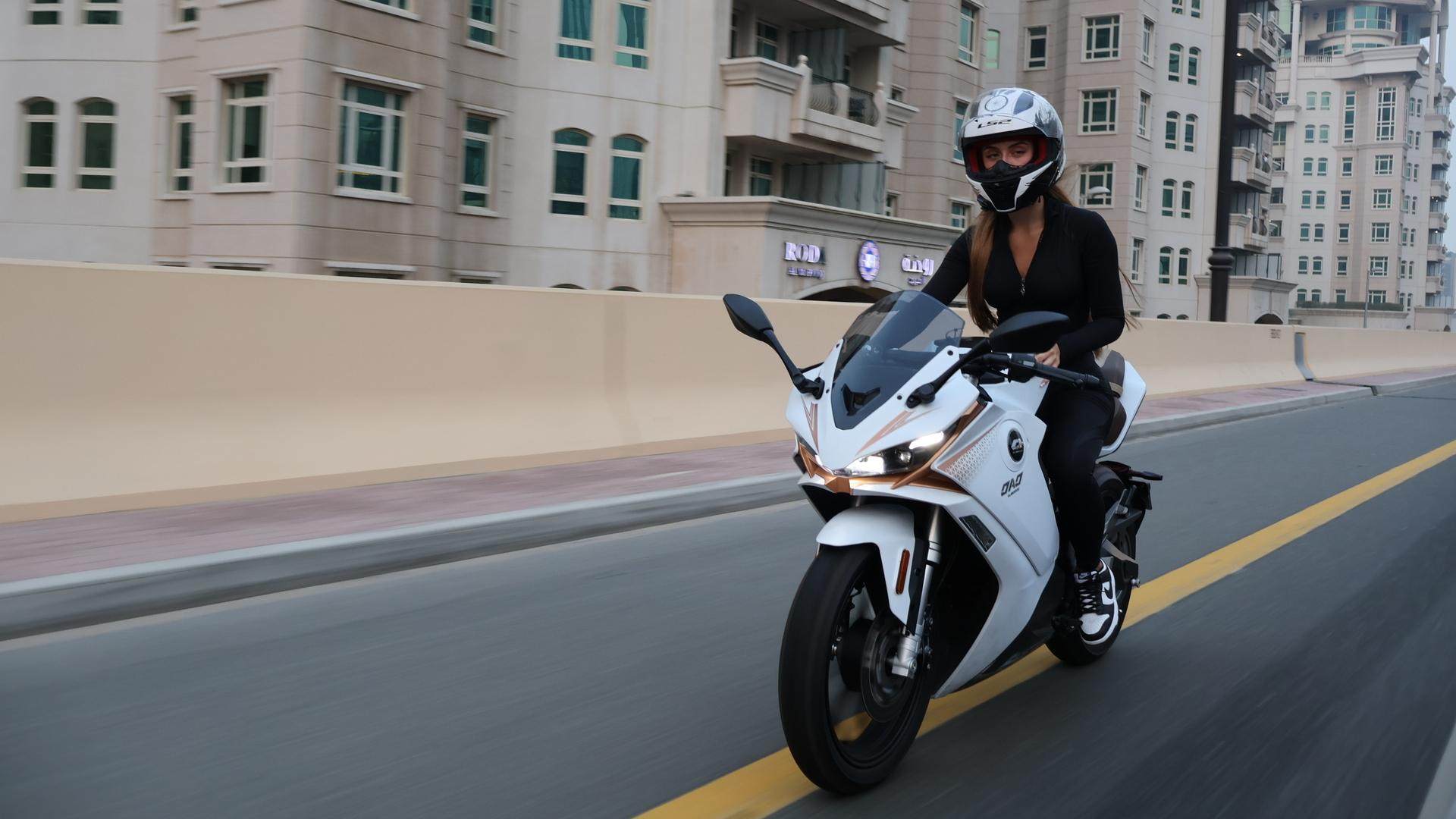As the world increasingly prioritizes environmental protection, the motorcycle industry is undergoing a significant transformation. Traditionally associated with significant air pollution, manufacturers are now adopting sustainable practices, integrating eco-friendly technology into their products and processes.
Motorcycles and Environmental Challenges
The evolution from basic motorized bicycles to sophisticated machines with internal combustion engines initially overlooked environmental impacts. However, growing climate change awareness has shifted focus towards reducing the ecological footprint of motorcycles. Governments worldwide are enforcing stricter emissions regulations, propelling the industry toward greener alternatives such as electric and hybrid motorcycles.
The Emergence of Electric Motorcycles
Since their mass production kicked off in the late 1990s, electric motorcycles have surged in popularity. Producing zero emissions at the point of use, these vehicles not only contribute to a cleaner environment but also provide a cost-effective and agile riding experience, thanks to their lower operational costs compared to traditional gasoline-powered bikes.
Hybrid Innovations
Hybrid motorcycles meld the convenience of gasoline engines with the eco-efficiency of electric power, resulting in significantly lower emissions. This dual-engine approach enhances travel range without total dependence on electric technology, serving as a transitional solution towards fully sustainable mobility.
Use of Sustainable Materials
The shift towards sustainability extends beyond propulsion technology. Manufacturers are incorporating eco-friendly materials in construction, using recycled metals and biodegradable components to reduce environmental impact. Innovations include motorcycles with components that are entirely recyclable, pushing the industry towards more sustainable production methods.
Industry Adoption of Green Practices
Leading manufacturers like Sharmax Motors are at the forefront of the shift toward eco-friendly motorcycles, launching models that combine zero emissions with exceptional performance and safety. A standout example is the Sharmax Super Sport GP 501E, equipped with a powerful 5 kW motor capable of covering up to 120 km on a single charge. Reaching a top speed of 110 km/h, it offers smooth, efficient rides with minimal maintenance requirements—perfect for both city commutes and longer adventures.
Conclusion
The motorcycle industry's pivot to sustainability is not just about compliance with environmental regulations but also about aligning with global shifts in consumer preferences towards greener transportation. This transition, characterized by the adoption of electric and hybrid technologies and sustainable materials, is setting new standards for the future of transportation. As technology advances and consumer awareness grows, the motorcycle industry is poised to play a pivotal role in shaping a more sustainable world. This evolution from roaring engines to whisper-quiet electric motors marks a significant step forward in the journey towards eco-friendly transport solutions.
